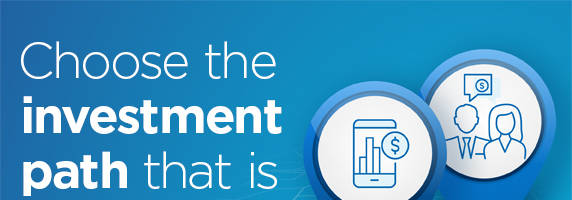How Parents Can Help Their Teenage Kids Build Credit
Last month CommunityAmerica hosted a free parent webinar after interviewing 300 teens (high school and college students) about what they wish their parents had taught them about money. There were three key learnings I’ve broken up into a series, sharing advice parents can pass on to their teens in the areas of spending and saving, building early credit, and investing in the teen years. We’ll also share the advice we gave participants to set themselves up for success in these areas. This week I’ll focus on building early credit. Please note this week’s advice is most pertinent to teens over 18 due to age minimums on accounts.
Then Benefits of a Credit Card
Many parents fear the thought of their teens having a credit card for obvious reasons, and as such, they naturally shy away from wanting to get one. Without the experience of true adulthood, it seems way too tempting to rack up expenses not covered by income. But it’s also a great opportunity to help your teen gain some budgeting and financial experience before heading off to college. Our advice? Look for a low-interest option, as well as one with no annual fees. Go ahead and set up shared account access and alerts at first until your teen gets the hang of it. This will help establish good habits and begin to build some early credit.
Banking and Bills
Paying one’s own bills is one of the best ways to establish early credit. Although our teens share they much prefer to handle bills through their parents, whether they are paying it or not, it’s good to get some things in their name. It’s a myth that all forms of bill payments lead to building credit. It’s important to know the two types of bill payments that accomplish this and make sense for teens are credit cards and auto loans. This is helpful for two reasons. First, they encourage your teen to establish a banking relationship and allows them to get used to interacting with their financial institution through a variety of channels. Second, it helps them build early credit and gain accountability for payment timelines. Our advice? When setting this up, be sure to express the importance of this lesson — always pay your bill on time. If for some reason you’re unable to, contact your financial institution and ask for options. This is far better than forgetting or letting it go, which can harm credit.
Secured vs. Unsecured Cards
Teens report being intimidated about confusion around secured vs. unsecured credit cards. A secured card is funded by you and the limit is pre-set based on what you put in as a deposit. Unsecured cards do not require you to fund it. Both types of cards offer protections against things like fraud and are backed, but that said, they are not always equal in helping establish credit. For example, at CommunityAmerica, we typically offer a shared secured card for building credit. Our advice? Have your teen join a discussion with your financial institution to understand more about the best option for you. This means you won’t need to get too caught up in the technical terms.
You can watch the full webinar here, and we’ll be back next week with some tips for about early investing.





